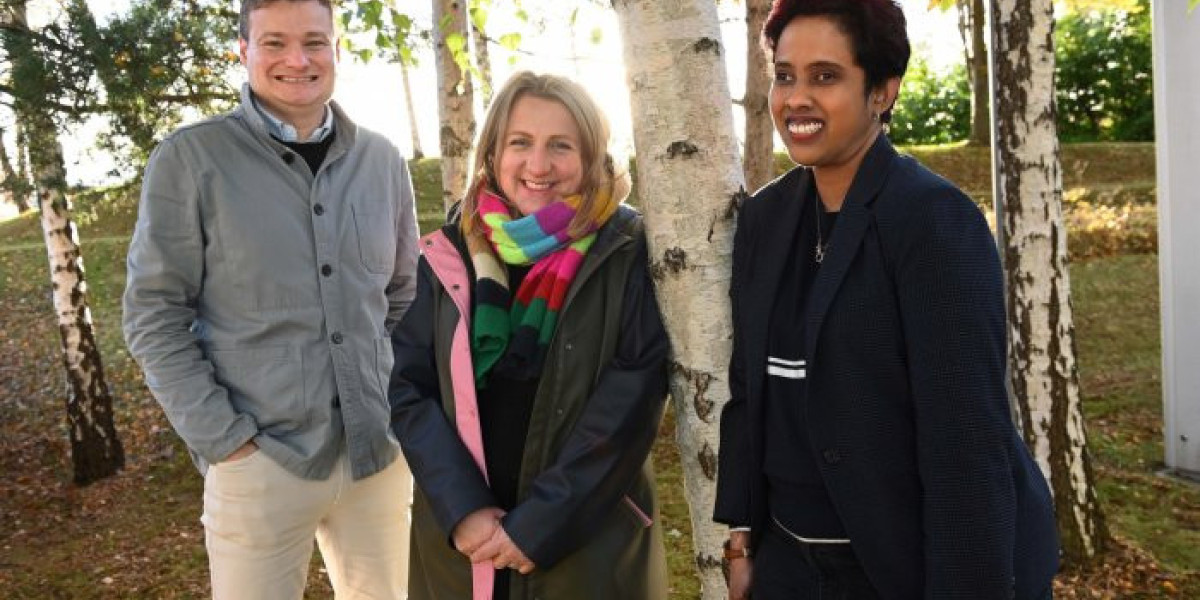
Chartered ABS responds to the DfE’s technical consultation on the International Student Levy
The Chartered ABS has submitted its response to the Department for Education’s technical consultation on the International Student Levy.
Knowledge Exchange in business schools: Do we measure it enough?

Authors

Dr Matthew Sutherland
Associate Professor of Marketing, Newcastle Business School

Professor Jennie Shorley
Academic Director of the Centre for Enterprise and Director of Accreditations, Manchester Metropolitan University
A recent study funded by the Chartered Association of Business Schools reveals that business schools’ attitude to Knowledge Exchange (KE) varies significantly in the UK, and that there are opportunities for national guidance and support on developing KE in business schools.
A study was led by the following team of researchers: Dr Padmali Rodrigo (Principal Investigator) and Dr Matthew Sutherland from Northumbria University, and Professor Jennie Shorley from Manchester Metropolitan University. It involved a sample of 30 respondents holding leadership roles, knowledge exchange professional services staff, and academics at various stages. The results revealed that business schools’ KE activities represent a much broader range of activities compared to traditional KE activities captured from the Knowledge Exchange Framework (KEF). For instance, in addition to traditional KE activities, it was notable that business schools engaged with businesses to facilitate and deliver experiential learning and applied research projects that not only involved academics and businesses but the students as a knowledge recipient. This is not captured explicitly in current KEF framework.
The findings highlight that KE in business schools is not measured adequately due to: lack of clarity in KE parameters, subjectivity, lack of common structure for measuring KE, and institutional differences. Measuring KE can also be challenging due to the unclear definition of KE, in consequence of ill-defined criteria and the complexities associated with measuring.
The findings also revealed that KE strategy within business schools was mostly a sub-pillar of the overall university strategy and that not all business schools had a written, well documented KE strategy.
“It gets quite complicated because we have a university Knowledge Exchange strategy, we have a college of Knowledge Exchange strategy, and we have a business school Knowledge Exchange strategy.”
At operational and strategic levels, financial constraints were significant. Many perceived the need for more financial support and incentives for academics and other professional staff members to get involved and facilitate KE. Several barriers were identified in relation to effective engagement with KE in business schools. These include resource constraints, strategic misalignments, perceptual limitations on what is and is not KE, institutional and cultural barriers, network constraints and process complexities acting as a barrier to effective implementation of KE.
The study highlights the following solutions to effective engagement with KE:
Provision of access to wider business and external networks
Provision of funding and other non-financial resources
Enhancing external presence of academics and business schools
Provision of training and mentoring
Strategic leadership and flexibility
This study therefore highlights that proactive actions are required to enhance KE activities in business schools through provision of exposure, training and mentoring, flexibility, strategic leadership, and rewards and incentives. Despite engagement with various professional bodies, most business schools lack appropriate links with a professional body that supports KE. The Chartered ABS can therefore play a vital role in supporting KE through access to wider networks, training, mentoring, building a platform and a community of practice to discuss, share and disseminate KE activities in business schools. The Chartered ABS can also address the issues associated with measuring KE and consider developing a toolkit to capture and measure KE activities in business schools effectively.
The Chartered ABS will publish the full findings from this research in early 2024.
